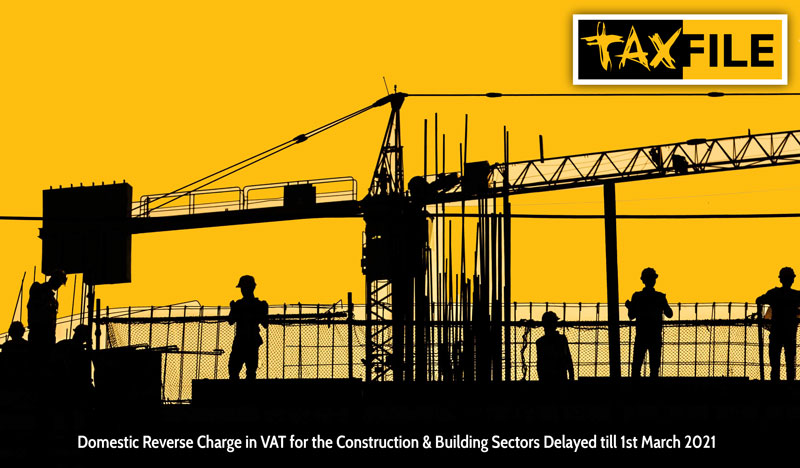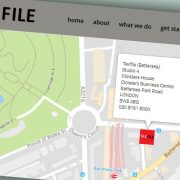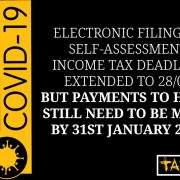Further Delays on the Roll-Out of the Domestic Reverse Charge for the Building & Construction Services.
The domestic reverse-charge is a major change to the way VAT is collected by HMRC in the building and construction industry reporting under the Construction Industry Scheme (CIS).
It was being introduced to combat VAT fraud in the sector and the initial roll-out on 1st October 2019 was delayed due to a combination of the sector being ill-prepared for the change and Brexit. The date was moved forward 12-months to 1st October 2020 but due to COVID-19 the start date has been further advanced to 1st March 2021.
At Taxfile, we will start contacting our VAT clients working under the CIS, in preparation for the 1st March 2021 start date.
If you would like to know how to prepare your business for this, you will need to:
- Check whether the reverse-charge effects either your sales, purchases or both.
- Make sure your accounting systems and software are capable of dealing with reverse-charge
- Understand the implications on your cash flow if the reverse-charge does apply, as the VAT on your invoices will no longer be paid to you.
- If Taxfile are not your accountants, ensure that whoever does your accounts understands the changes in calculating and reporting VAT liabilities.
- Understanding that if you are on a VAT flat rate scheme, and if the domestic reverse-charge applies, this will no longer be in your interest and to sign off the scheme before 1st March 2021.
We will be reviewing all our clients’ financial data and will be writing to them individually in the Autumn to determine whether the domestic reverse-charge will apply to them. We will be asking all sub-contractors to contact their customers to determine if they are the ‘end-user’ or an ‘intermediary supplier’.
You can read more about the domestic reverse-charge in our blog post from 2019 here, or contact Taxfile on 0208 761 8000 and speak to one of our VAT agents to see how we can be of assistance.










